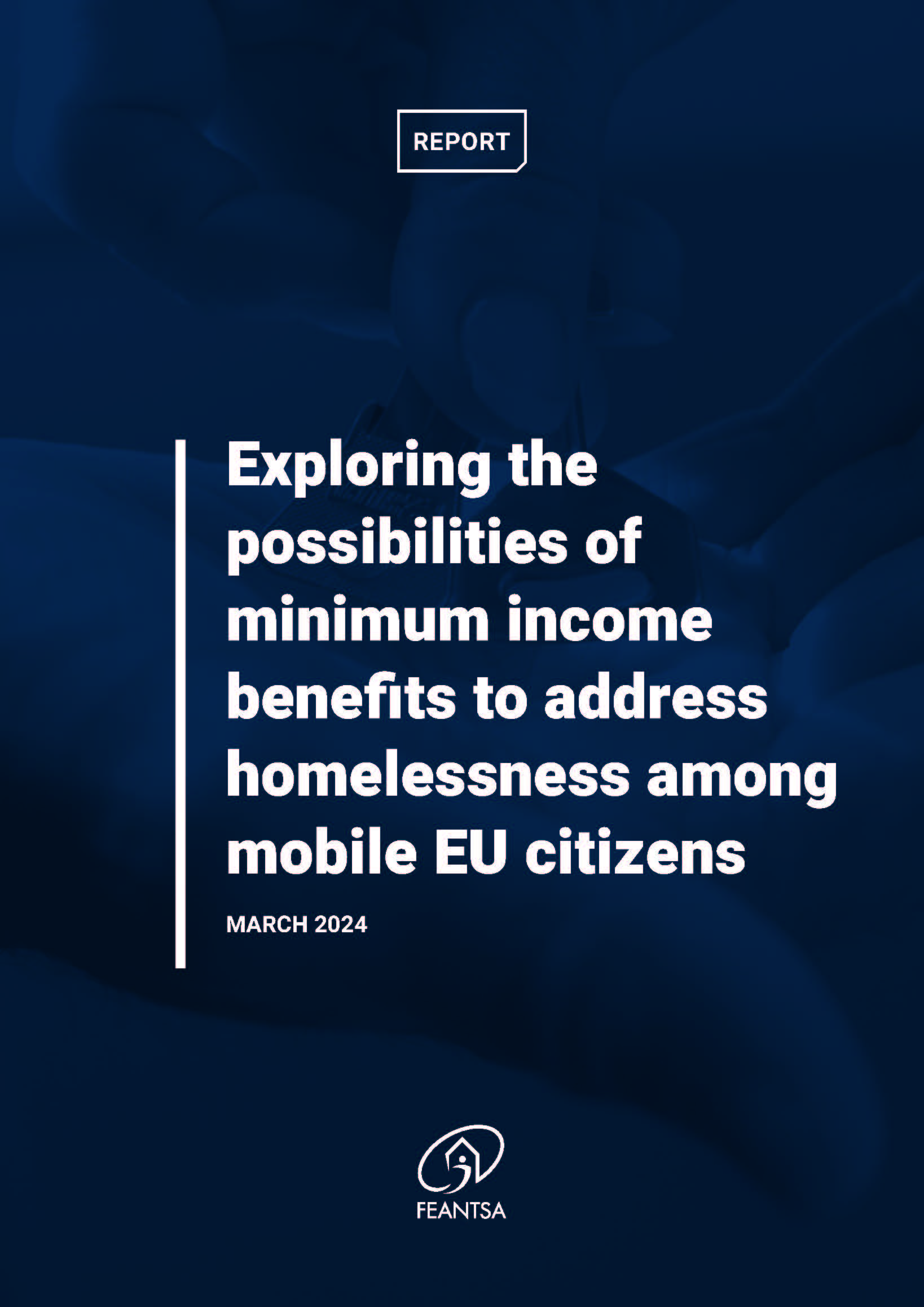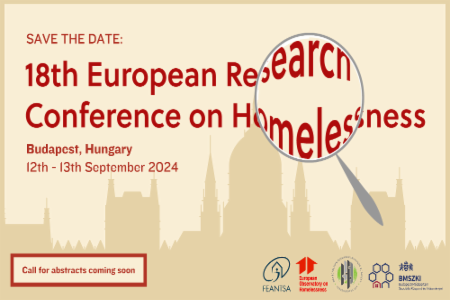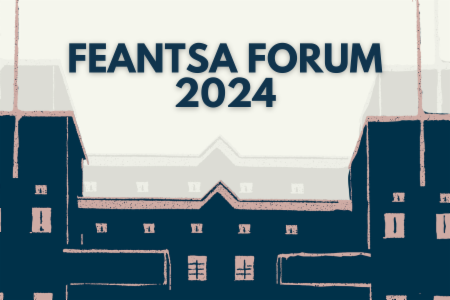Report:
Exploring the possibilities of minimum income benefits to address homelessness among mobile EU citizens
Download the report here [PDF]
During the second phase of the PRODEC project, among the findings related to the Brussels case study, it appeared that mobile EU citizens who had a network in the destination country and who had obtained a minimum income during the first months after their arrival were less likely to be destitute in the medium and long term. There was therefore a clear relationship between access to welfare benefits like minimum income and the individual’s housing situation.
To go deeper on the impact of minimum income in reducing homelessness, especially among mobile EU citizens, this report aims to: a) explore whether a minimum income can address homelessness, b) assess whether existing minimum income schemes in some EU Member States are enough to prevent people from experiencing homelessness, and c) find out the conditions regulating access to these existing minimum income schemes for mobile EU citizens.
The study finds out that, while a guaranteed minimum income has the capacity to address the income side of the housing affordability crisis, in most of the countries analysed the obtention of a minimum income alone is not sufficient to prevent or to get out of homelessness. In the case of mobile EU citizens who are first-time job seekers and could potentially obtain a minimum income, being homeless is an important obstacle. Not having an address prevents homeless people from registering in a municipality and proving they have residence rights. In addition, for economically inactive people, asking for social benefits could result in being considered an unreasonable burden to the social assistance system, and therefore in receiving an order to leave the territory as a consequence.






